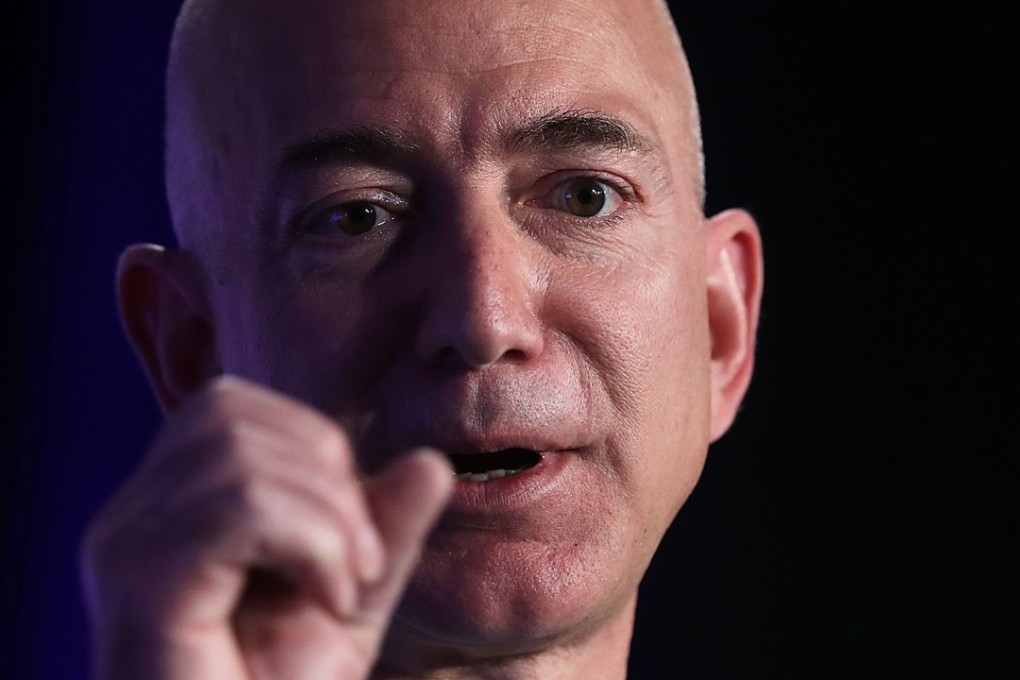How corporate earnings matter so little to Amazon
A look at how chief executive Jeff Bezos’ alternative playbook achieves fantastic stock price appreciation

No industry captain has garnered as much attention as Amazon’s chief executive Jeff Bezos.
When the e-commerce giant announced the acquisition of Whole Foods last week, its share price shot up to a record high of US$1,017. With his net worth swelled to US$84.7 billion, Bezos passed Warren Buffett to become the world’s second-richest person, only behind Microsoft Corp co-founder Bill Gates.
Perhaps because of this astronomic windfall, Bezos tweeted his 222,000-strong followers, asking them how to give some money away.
“I’m thinking I want much of my philanthropic activity to be helping people in the here and now – short term – at the intersection of urgent need and lasting impact.”
What made the rise of Amazon all the more remarkable was its paltry corporate earnings.
Between 1995 and 2015, its culminate profit totalled US$2.56 billion. In contrast, Walmart, the bellwether retailer from Arkansas, generated US$14.69 billion in 2015 alone, six times more than Amazon’s 21 years of corporate existence.
Still, investors could not stop buying Amazon’s shares. Measured by market capitalisation, Amazon is now the world’s fourth-most valuable firm. Walmart does not even make it to the top 10.
